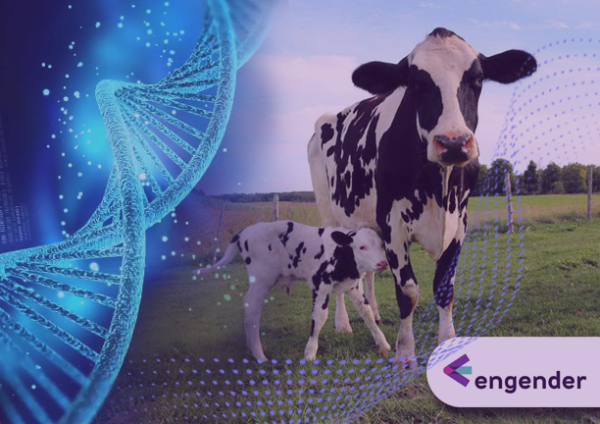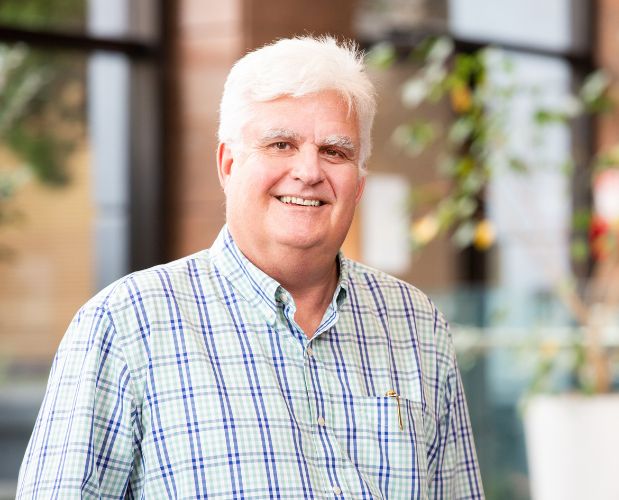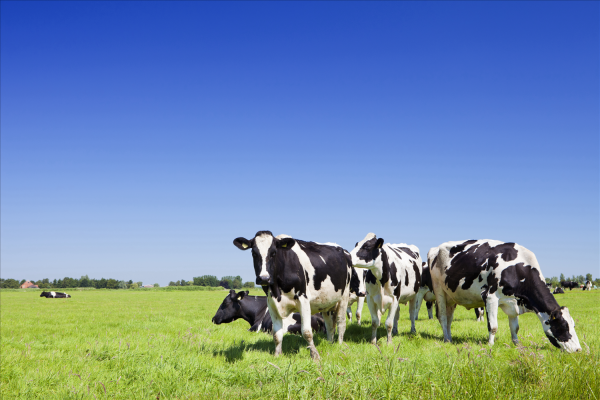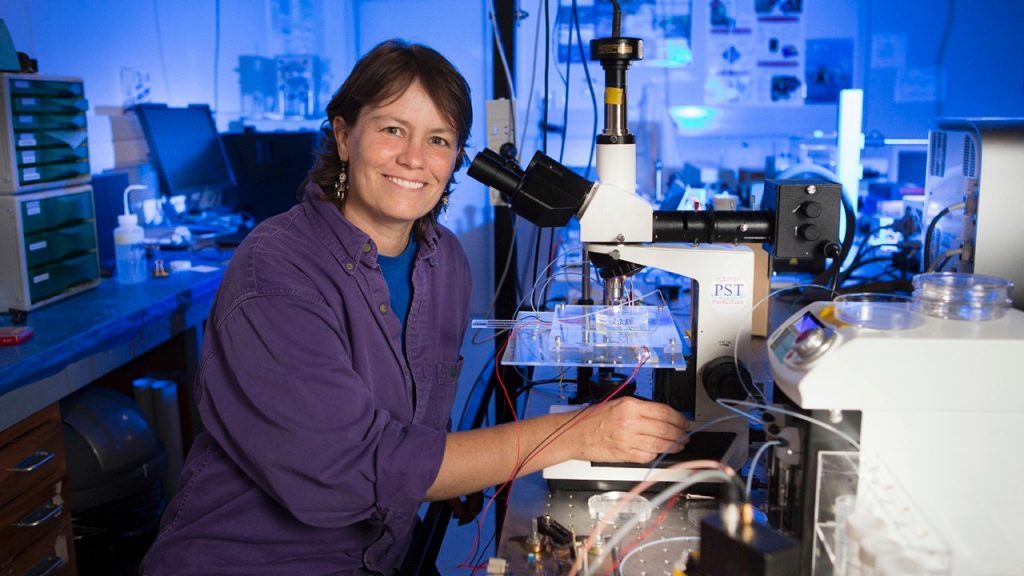Simpson, a laser expert and founder of the University’s Photon Factory, developed a method to separate sperm using photonics and microfluidics.
“We use one laser to orient sperm cells, a second to do fluorescent measurements to distinguish cells carrying X and Y chromosomes—the males are slightly less bright because the Y chromosome is slightly smaller than the X chromosome—and a third laser to separate them,” Simpson told Physics Today.



